NC Home Advantage Mortgage First-Time Homebuyer Assistance Programs
NC Home Advantage Mortgage: The Ultimate 2024 Guide for First-Time North Carolina Buyers
NC Home Advantage Mortgage may be the most powerful yet under-celebrated financing tool in the Tar Heel State. If you’re dreaming of a front porch in Asheville, a condo in Uptown Charlotte, or a coastal cottage in Wilmington, this program can shrink hurdles that once felt sky-high. Below you’ll find everything—rules, myths, numbers, and insider tips—wrapped into one SEO-friendly, reader-first article.
What Is the NC Home Advantage Mortgage?
The NC Home Advantage Mortgage is a statewide initiative managed by the North Carolina Housing Finance Agency (NCHFA). In plain English, it’s a below-market mortgage paired with up to 3% down payment assistance—or as much as $15,000 if you’re a qualifying first-time buyer or military veteran using the NC 1st Home Down Payment Assistance add-on. Unlike many grant programs, the assistance comes as a 0% interest, forgivable loan. Stay in the home 15 years and the entire balance evaporates—no repayment, no strings.
Think of it as a friendly co-pilot: it lowers interest, supplies cash at closing, and forgives the debt once you’ve planted roots.
How Does the NC Home Advantage Mortgage Work?
The anatomy is simple yet strategic:
- Fixed-rate loan: 30-year terms available as FHA, USDA, VA, or conventional.
- Down payment help: Up to 3% of the loan amount, or up to $15,000 for NC 1st Home recipients.
- Forgiveness schedule: 0% interest, forgiven at 20% per year after year 11; completely forgiven at year 15.
- Income limits: Currently $134,000 statewide (higher than many county-based programs).
- Home price cap: $480,000 for most property types, giving buyers ample inventory room.
Because the assistance is structured as a second lien, it rarely overlaps with private mortgage insurance rules; in many cases, buyers ditch PMI earlier thanks to the smaller first-mortgage balance.
Do First-Time Buyers Need Perfect Credit to Qualify?
Short answer: no. NCHFA sets a 640 minimum FICO for FHA, USDA, and VA loans and a 680 threshold for conventional options. According to recent Ellie Mae data, the national average FICO for closed FHA loans is 646. That means the North Carolina Home Advantage credit bar sits only a few points above the U.S. norm—accessible but protective.
If your score hovers in the 630s, focus on rapid-rescore strategies—paying revolving balances under 30%, disputing outdated collections, and avoiding new hard inquiries. A dedicated lender participating in the NC Home Advantage program can run “what-if” simulators to forecast score bumps in as little as 30 days.
How Much Down Payment Assistance Can I Get?
Picture a $275,000 starter home in Durham. The 3% assistance equals $8,250. Pair that with a 3.5% FHA down payment ($9,625) and you’re bringing roughly $1,375 of your own funds to the closing table—about the cost of a weekend beach trip. If you’re a true first-timer (no ownership in the past three years) and opt for the NC 1st Home add-on, your forgivable assistance could balloon to $15,000, entirely wiping out your cash-to-close.
The math is compelling, but remember: closing costs in North Carolina average 2–3% of purchase price. Shop for lender credits and ask sellers for concessions to stack savings.
A Micro-Story from Raleigh
Janelle, a 27-year-old software tester, rented a one-bedroom for $1,600/month near North Hills. She feared she’d never save enough for a down payment on top of student loans. Her lender slotted her into a $285,000 conventional NC Home Advantage Mortgage with 3% assistance. After using $8,550 of forgivable funds and negotiating $4,000 in seller credits, her out-of-pocket cost landed at $2,700—less than two months’ rent. She closed in time to host Thanksgiving in her new townhome.
Eligibility Requirements at a Glance
- Occupancy: Must live in the property within 60 days and treat it as a primary residence.
- Income: Household taxable income ≤ $134,000.
- Credit: 640+ FICO (680+ for conventional).
- Debt-to-income: Generally ≤ 45% back-end, though some USDA exemptions exist.
- Home type: Single-family, townhouse, condo, duplex (FHA/VA), or new-construction manufactured.
- Loan size: Conforming county limits apply; consult your lender for jumbo scenarios.
Step-by-Step Application Roadmap
- Get pre-qualified with an NCHFA-approved lender. There are roughly 350 across the state.
- Complete home buyer education: a $75 online course or local HUD-certified workshop; proof required before closing.
- Find a home & make an offer contingent on program approval.
- Lock your interest rate; NCHFA refreshes rates daily at 11:30 a.m.
- Underwriting & compliance: The lender collects docs; NCHFA typically issues final approval within 48 hours.
- Close & record; expect two notes: main mortgage + 0% second lien.
Pros and Cons Compared to Other NC Programs
Advantages
- Higher income caps than city-specific grants.
- Forgiveness feature—no payback if you stay 15 years.
- Statewide availability; move from Boone to Beaufort without losing eligibility.
- Works with VA and USDA to give veterans and rural buyers extra leverage.
Possible Drawbacks
- Second lien may complicate future refinances before year 11.
- Minimum credit score stricter than some local nonprofit grants.
- Rate locks tied to state bond market; you can’t always float down.
Financial Impact: Real Numbers
The NCHFA periodically releases statewide loan performance data. In its last annual snapshot, the agency reported an average interest rate of 5.25% on NC Home Advantage loans—roughly 40 basis points below Freddie Mac’s national average during the same window. Combine that with the forgivable assistance and homeowners saved an estimated $210 in monthly cash flow and $12,600 at closing compared to buyers who chose a traditional FHA loan without assistance. That’s nearly the cost of a new roof or five years of HOA dues.
Tips to Strengthen Your Application
- Document every dollar. Large recent deposits? Prepare a letter of explanation.
- Stay put in your job—any switch may require 30 days of new paystubs.
- Bundle benefits. Pair the assistance with seller concessions, lender credits, or a local grant like Charlotte’s HouseCharlotte Program for layered affordability.
- Schedule homebuyer education early to avoid last-minute certificate delays.
- Ask about MCCs. Mortgage Credit Certificates can shave $2,000 off federal taxes annually, stacking with North Carolina mortgage assistance.
Frequently Asked Questions
Can I use the NC Home Advantage Mortgage for new construction?
Yes, as long as the builder passes lender vetting and the property meets HUD guidelines.
Is there a recapture tax if I sell early?
Possible within nine years and only if your income spikes. Most borrowers never trigger it, according to NCHFA stats.
May I combine it with a VA funding fee waiver?
Absolutely; disabled veterans can still layer their waiver with the NC program.
What happens if I refinance in Year 7?
You’ll need to repay a prorated balance of the second lien, yet many owners roll it into the new loan.
Does the program cover closing costs?
Indirectly—your 3% assistance can be applied to either down payment or closing expenses.
Ready to Unlock Your North Carolina Door?
You now hold the blueprint—credit benchmarks, assistance amounts, and tactical steps—to seize the NC Home Advantage Mortgage. Waiting could cost you equity gains and today’s rates. Partner with an NCHFA-approved lender, complete your education class, and start shopping. Your Carolina keys may be only a signature away.
Explore approved lenders and current rates on NCHFA’s official site, then circle back to us for personalized guidance. Let’s plant your “Sold” sign together.
Explore More Blog Posts
Checkout more similar posts those will help you to choose better property.

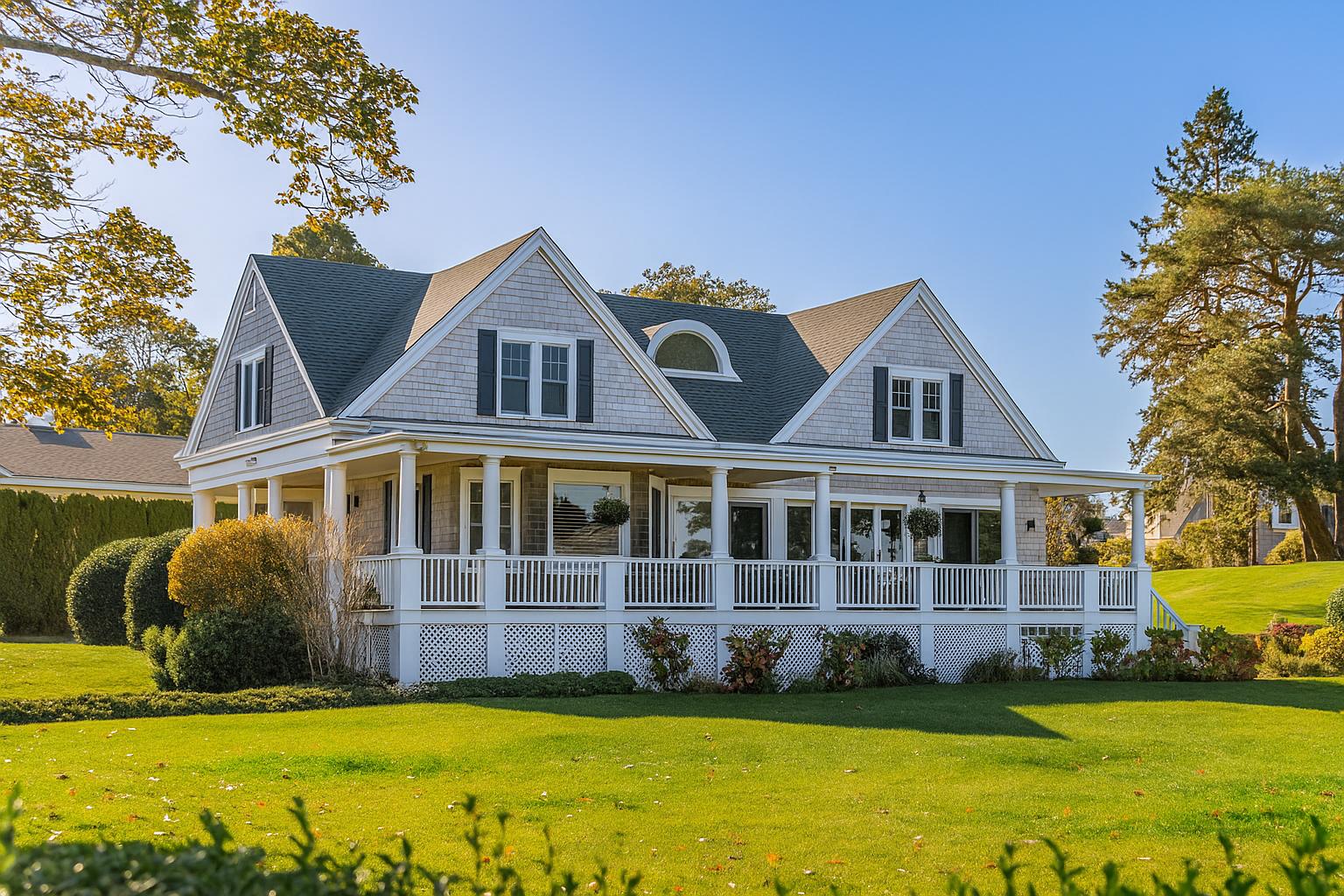
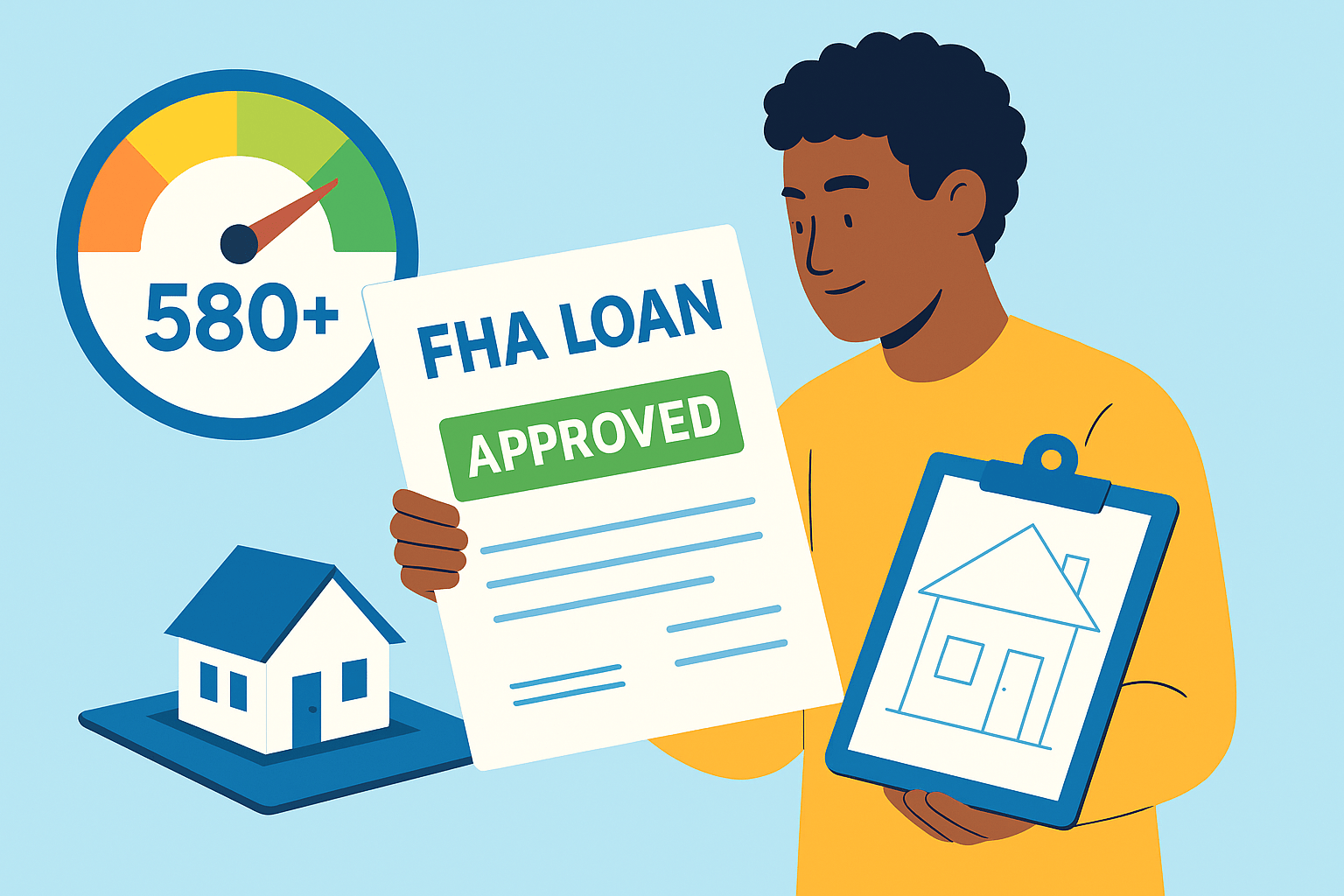
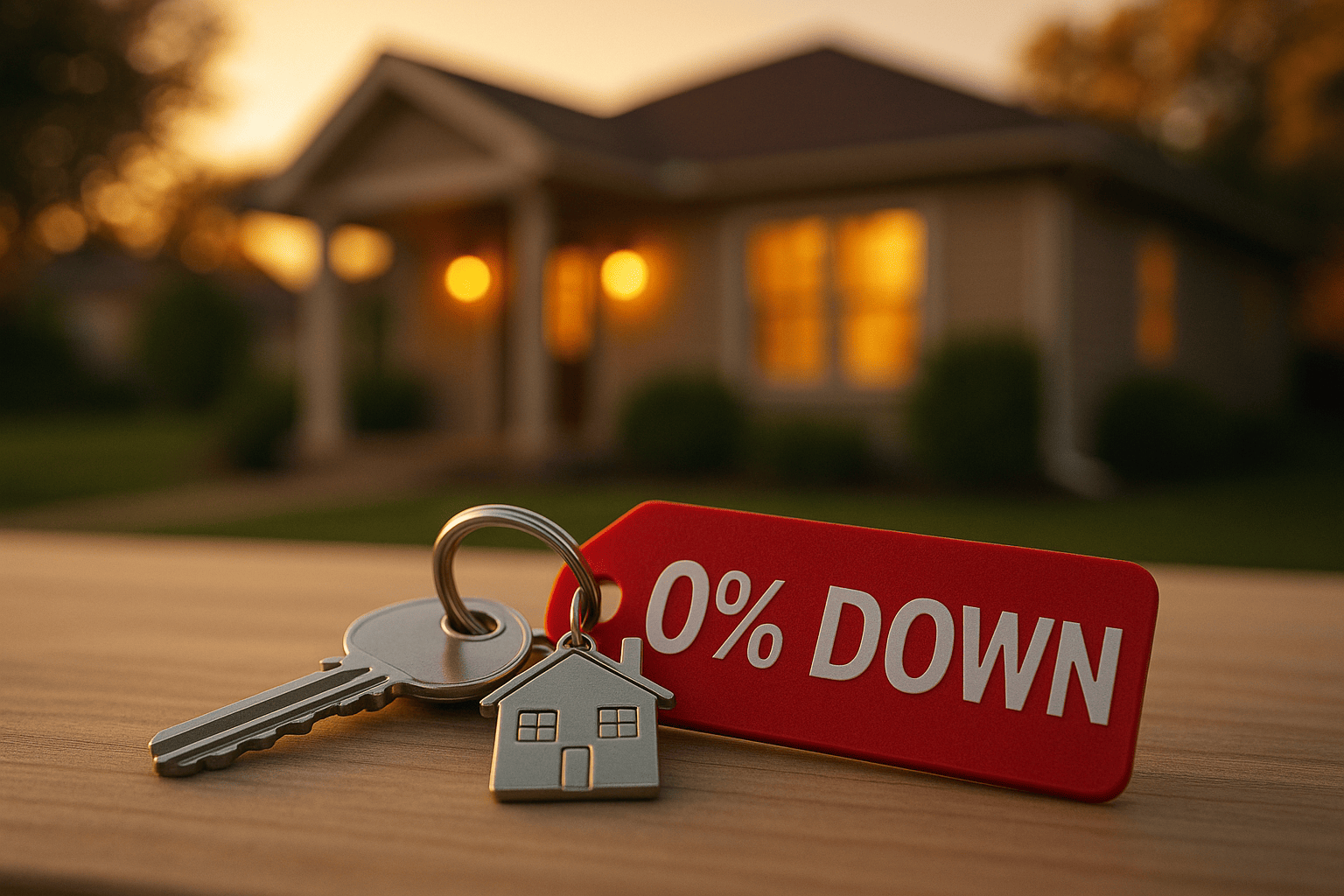




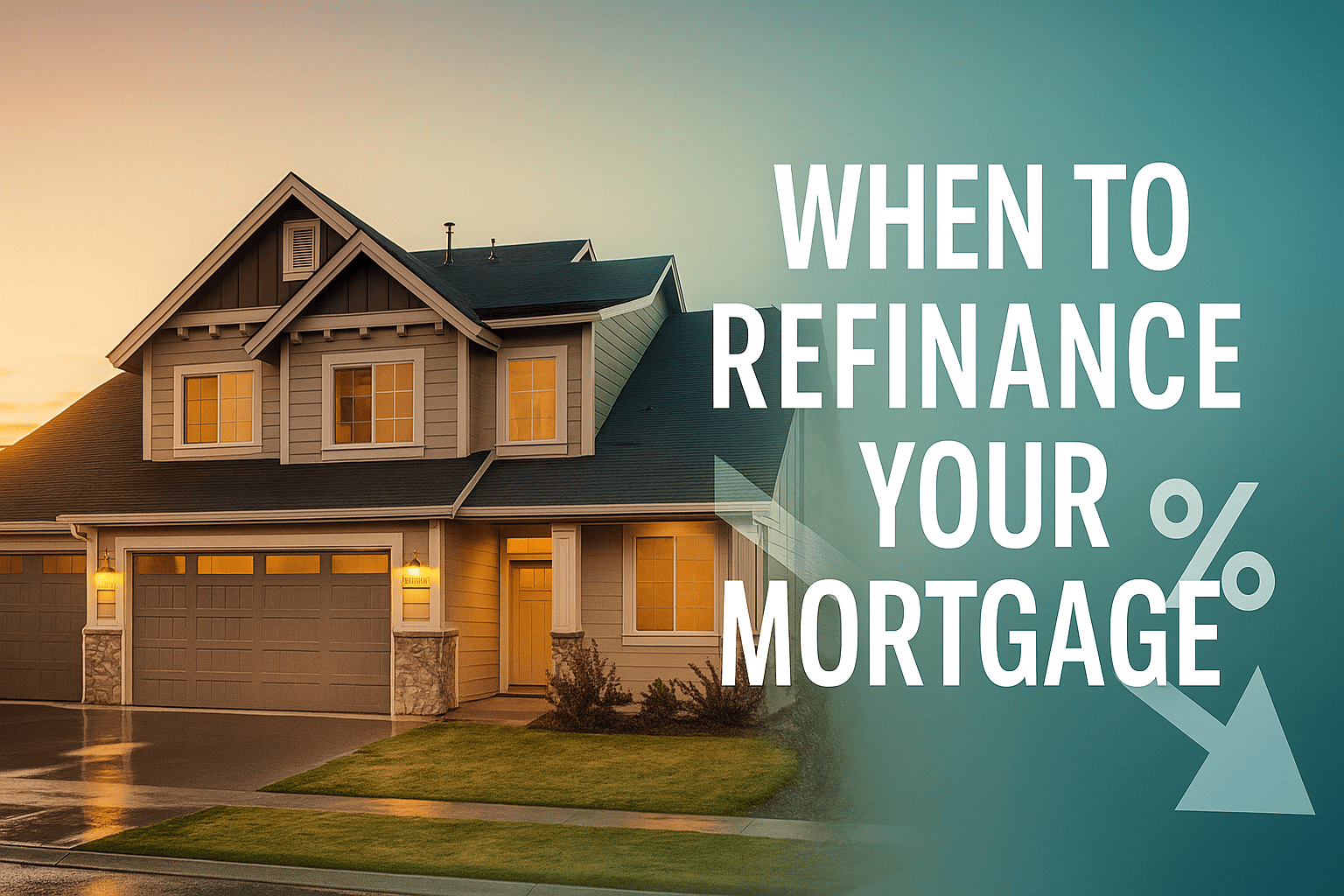
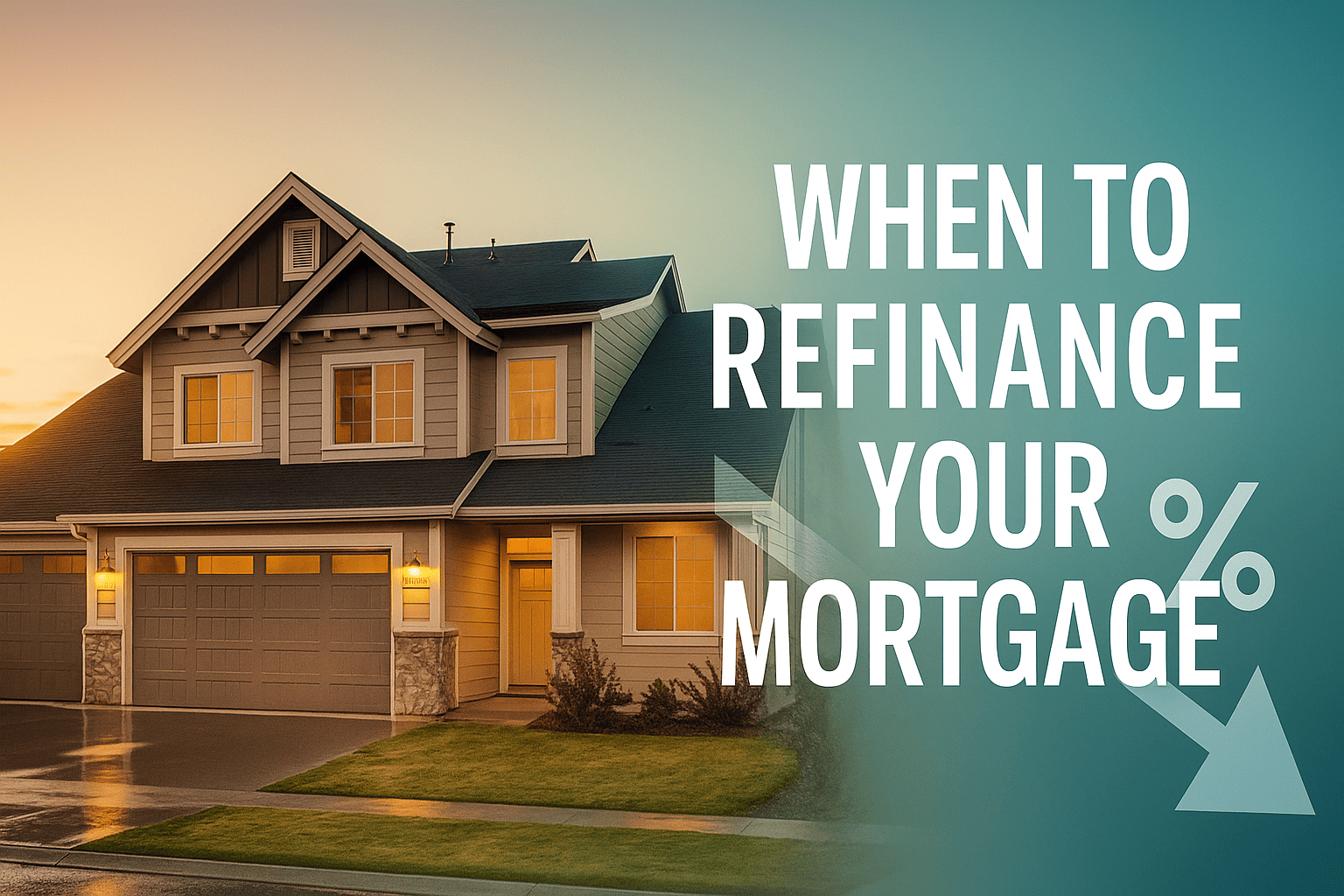


 Profile
Profile Password
Password Saved Properties
Saved Properties Sign Out
Sign Out
 +0.01
+0.01
 -0.15
-0.15

